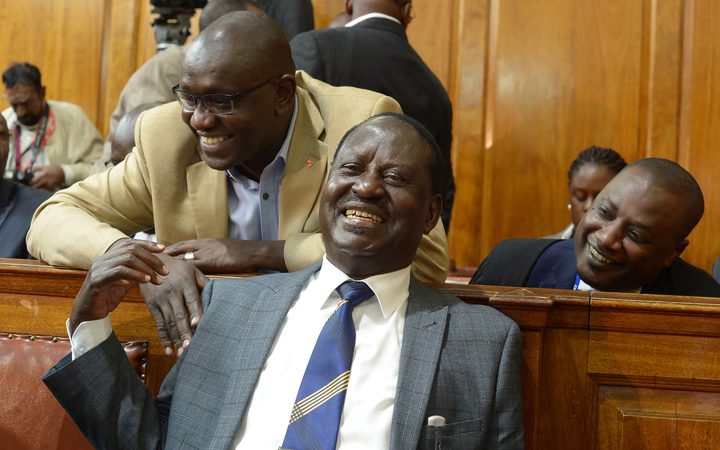International monitors wrong elections in Africa, Kenya proves
Published on September 5, 2017 at 11:03 AM by FACE OF MALAWI
By Andrew Kandulu
After the international election monitors’ assessment declared that Kenya 2017 polls were free and fair, the country’s Supreme court ruling on Friday proves them wrong. Supreme court invalidated the results of the contentious August 8 presidential election and ordered a new vote within 60 days.
The case has depicted the problem with the election observer industry, not only in the Kenya but also other countries in Africa.
At a Nairobi press conference days after the results were declared, senior Kenyan trade union activist Francis Atwoli was excoriating in his comments to the press.
“You don’t just visit one primary school where voting takes place and make a conclusion that everything is right. I have been an observer in Zambia, Zimbabwe, Nigeria and Ghana, and my experience is that one needs to do a lot of background checks on the electoral system of that particular country before making the final conclusion. The observers did not do their work properly,” he said.
Again the case in Kenya shows that such international observers do rush to describe elections as fair and free.
“I feel a real anger about the way they treat us. I’ve had diplomats say to my face that, speaking in the light of history, this election was an improvement [from past elections]. I’m sorry we do not live in history, we live in the here and now and we have a right to free and fair elections,” said Muthoni Wanyeki, who served as Amnesty International’s East Africa Regional Director during the August election and is currently Open Society’s incoming Africa director.
“Their attitude in condescending, neocolonial and by saying things are improving, they’re treating us like small children. Hopefully this ruling is like egg on their face.”
It simply shows assessments made by international monitors are only guarantee to please the ruling party, with an interest attached, what is why main ruling government never falls elections in Africa.
The development in Kenya has demonstrated the real spirit of democracy, which is always altered by International observers, as former US Secretary of State John Kerry, who led the Carter Center’s observer mission in Kenya has noted.
“Kenya has made a remarkable statement to Africa and the world about its democracy and the character of that democracy. Don’t let anybody besmirch that,”Kerry said.
President Uhuru Kenyatta won the election over veteran opposition candidate Raila Odinga. But the court upheld a petition by Odinga, who had claimed Kenyatta’s re-election was fraudulent.
Kenya will hold another presidential election on October 17.
Subscribe to our Youtube Channel:



